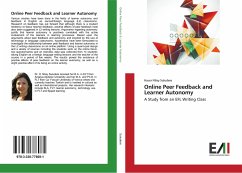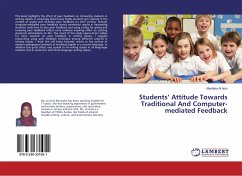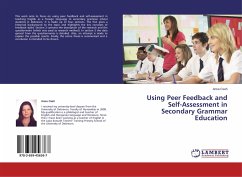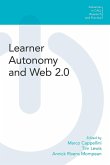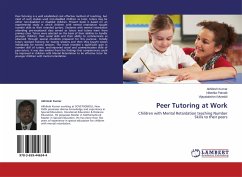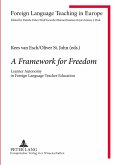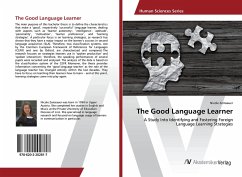Various studies have been done in the fields of learner autonomy and feedback in English as second/foreign language (L2) classrooms. Research on feedback has put forward that although there is a student tendency to favour teacher feedback; positive effects of peer feedback have also been suggested in L2 writing lessons. Arguments regarding autonomy justify that learner autonomy is positively correlated with the active involvement of the learners in learning processes. Based upon the arguments about peer feedback and autonomy and inspired by the use of technology in language classrooms, hypotheses have been formulated to investigate the relationship between peer feedback and learner autonomy in the L2 writing classrooms on an online platform. Using a quant-qual design and a variety of sources including the students work on the online forum, two questionnaires and an interview, data was collected from 14 students taking English as a foreign language writing lessons and the teacher of the course in a period of five weeks. The results proved the existence of positive effects of peer feedback on the learner autonomy, as well as a slight positive effect of its being an online activity.

